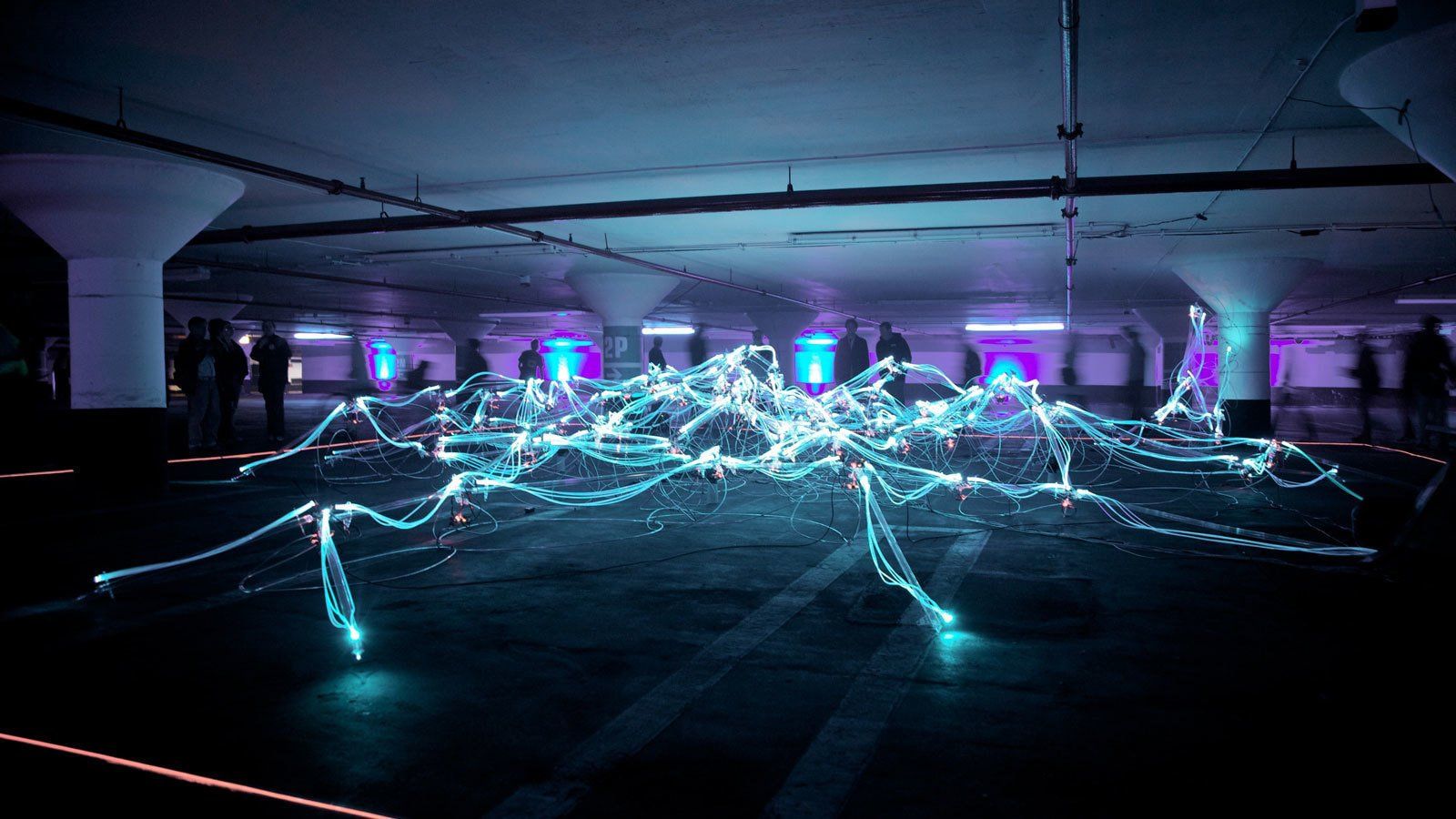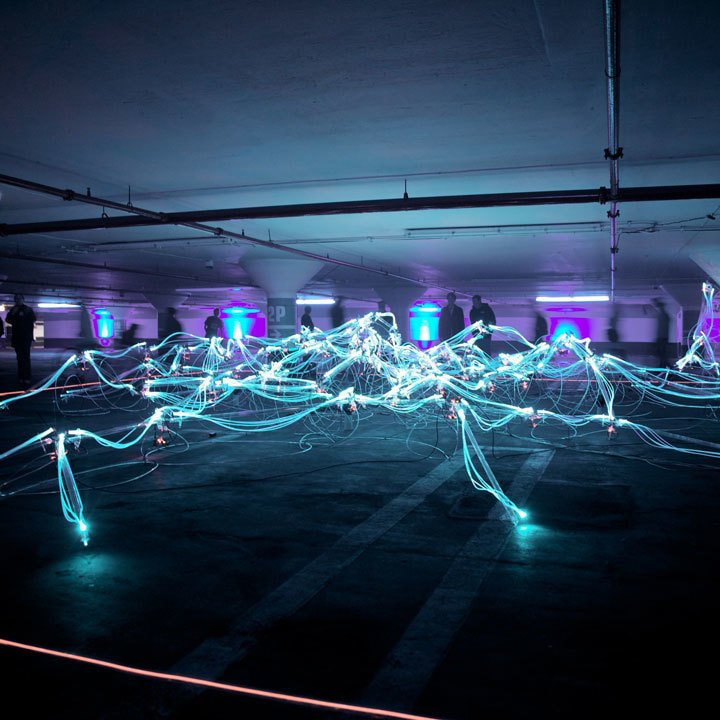Part of the Ingosstrakh and Garage co-run cycle of talks Time for the Future, the audience is invited to discuss the phenomenon of Digital Art along with challenges it brings to the ethics and work of museum institutions and the laws of the art market at large. The audience will learn why they should distinguish between video art and Digital Art, what “posthuman” means, and how the market and the legislation have to change in order to correspond with the advancements in the field of aesthetics.
Painting, sculpture, installation, sound art, video, and even performance—all twentieth- or twenty-first-century art mediums seem familiar, classified, and allocated in today’s museum collections. Experts have learnt how to display, evaluate, document, preserve, and sell them. However, a new generation of artists/researchers choosing digital technologies as their medium has invaded the scene recently. These authors stopped making art objects proper, and even visible physical forms or video projections in their works are merely footprints of processes often generated by nonhuman mechanisms, like neural networks for example. These pieces lose connection with the physical space and question the format of museum display as such. How do these new conditions alter the functions of a museum as an exhibition venue? How do they affect the ethics of treating artworks and artists? And is it possible to retarget services accompanying exhibition-making and the art market itself without losing time and money?
The problem of collecting and demonstrating art publicly leads to the necessity of determining intellectual and physical property right owners and insuring works from loss or damage. But what should be defined as valuable or damaged in a nonmaterial art piece? How do you evaluate the cost of a neural network? And can it function as the owner of the copyright?
As the art market is still controlled by conservative markers, such as the frequency of appearance at international surveys, and the system of relationships between the artist and the institution remains almost the same as in the twentieth century, the need for new mechanisms for working with digital artworks in the fields of law and ethics becomes more and more obvious.

